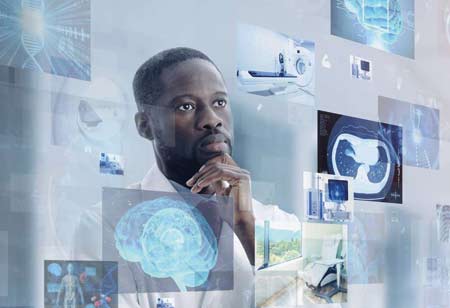Thank you for Subscribing to Healthcare Business Review Weekly Brief
Radiology: A Cornerstone of Modern Medical Advancements

Be first to read the latest tech news, Industry Leader's Insights, and CIO interviews of medium and large enterprises exclusively from Healthcare Business Review
Thank you for Subscribing to Healthcare Business Review Weekly Brief

By
Healthcare Business Review | Friday, February 07, 2025
Stay ahead of the industry with exclusive feature stories on the top companies, expert insights and the latest news delivered straight to your inbox. Subscribe today.
Radiology is an essential component of contemporary medicine, offering many benefits that raise patient satisfaction, increase diagnostic precision, and optimize the effectiveness of the healthcare system.
FREMONT, CA: In recent decades, there have been significant breakthroughs in radiology, a medical specialty that utilizes imaging technologies to detect and treat disorders. Radiology significantly impacts modern medicine and offers numerous advantages that enhance patient care, improve diagnostic accuracy, and expand the overall efficiency of healthcare systems.
Radiology provides noninvasive diagnostic insights through imaging methods, including X-rays, CT scans, MRIs, and ultrasounds. This lowers the danger involved in diagnostic procedures and makes it possible to identify illnesses early on that could otherwise go undiagnosed until they reach a more severe stage. When it comes to controlling and treating diseases such as cancer, early identification is essential because prompt action can enhance prognosis and survival rates.
Radiology is crucial in medical treatment decisions, providing a detailed understanding of the disease's extent and impact on the body. Imaging technologies help healthcare providers tailor treatment plans to patients' specific needs. Radiologic imaging also depends on planning and tracking the course of therapies such as radiation therapy and surgery, guaranteeing accurate and practical treatment application, reducing harm to healthy tissues, and enhancing overall results.
The field of radiology is also instrumental in emergency medicine. In acute situations, such as trauma or stroke, rapid and accurate imaging can be the difference between life and death.



